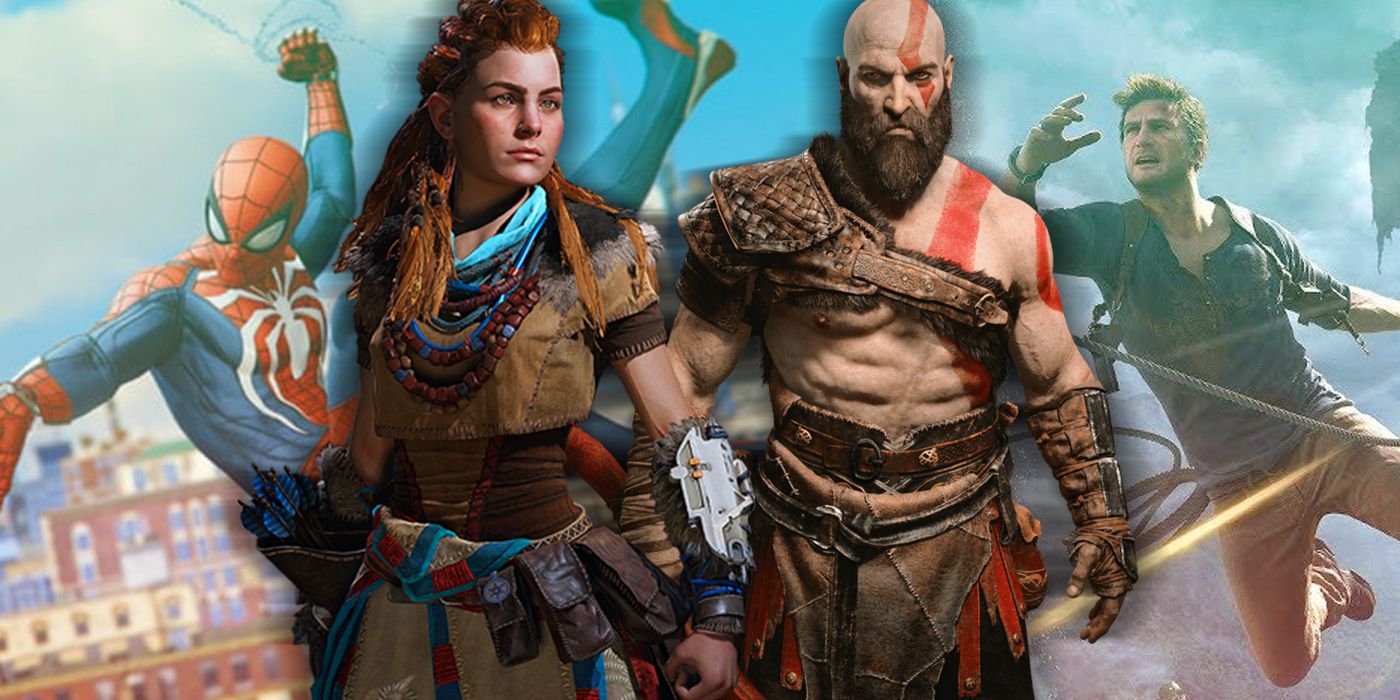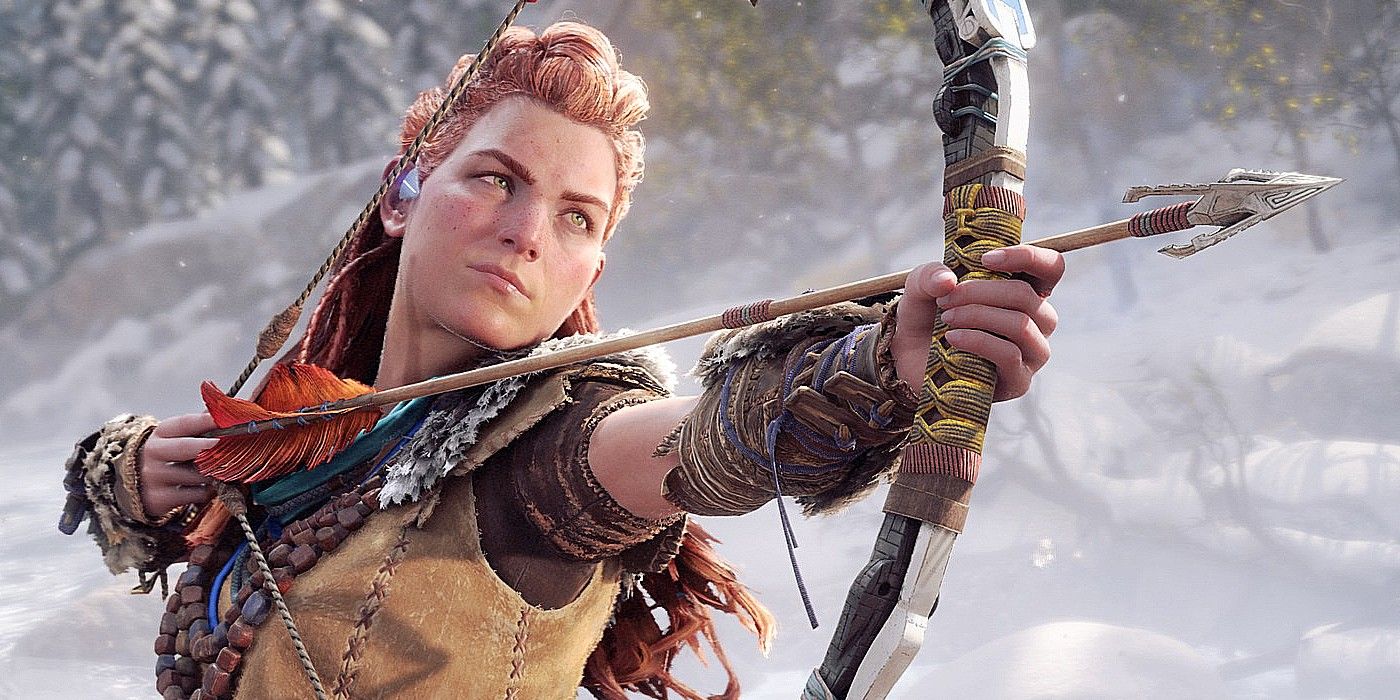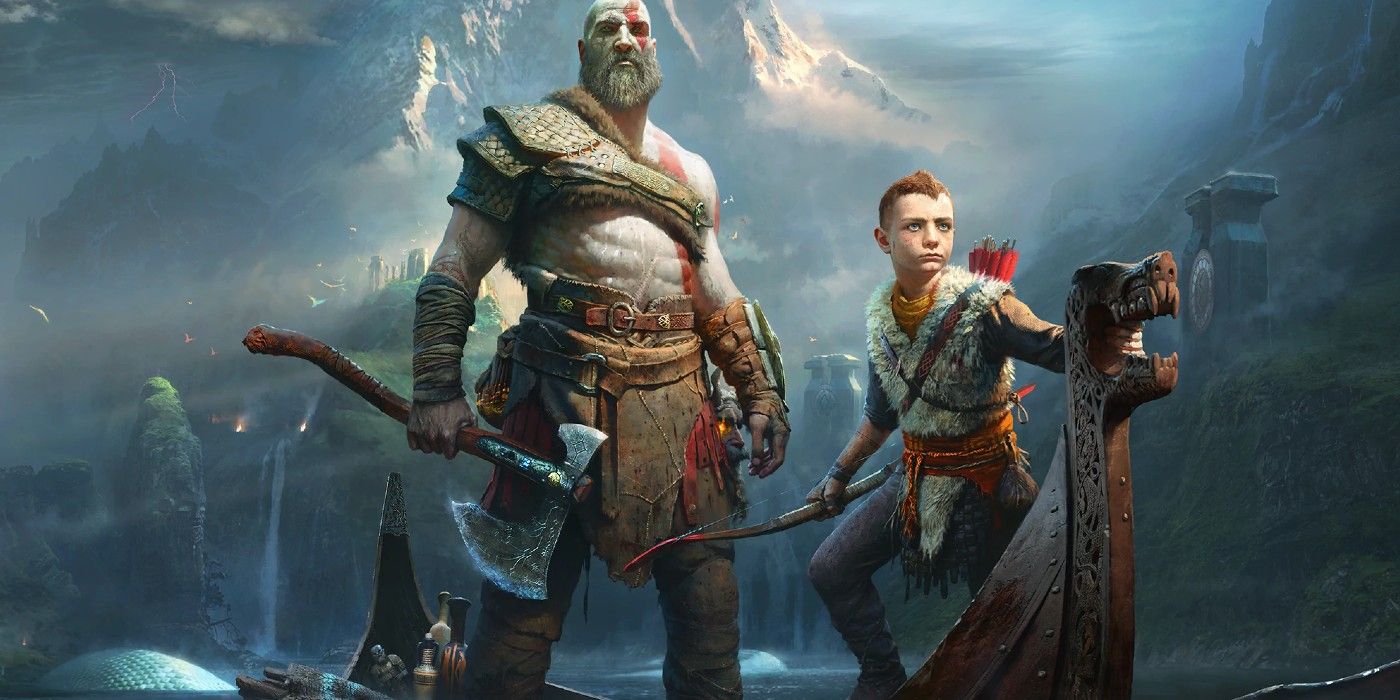Since the beginning of video games, protagonists like Pac-Man, Mario and Sonic the Hedgehog have defined the medium. However, not all main characters carry much depth, leaving them one-dimensional. This can be seen best in Sonic the Hedgehog, whose main goal is to defeat Eggman but lacks any layers or further exploration into his character. This way of thinking with video game heroes would later grow and adapt as the stories continued to evolve.
As Sony's PlayStation came into being, game characters like Lara Croft, Spyro and Crash became household heroes among gamers. However, while bringing with them fun and distinct personalities, these characters continued to lack a relatability that was needed in gaming as a whole. As the years progressed, more protagonists began to develop into realistic, fleshed-out characters with problems and flaws, like Uncharted's Nathan Drake and his incessant desire to find treasure or Assassin's Creed II's Ezio, who grew from being a troubled young man into a hero of Italy. At the time the protagonists of the PlayStation 4 began to appear, their influence started reinvigorating franchises through relatable, humanized protagonists.
One of the best examples of this is with Aloy from Horizon Zero Dawn. Raised in a world where humanity has been all but extinguished, Aloy fights against mechanized creatures while on a hunt for a treasure that can't be held, truth. Her desire to learn more about her world leads her to discover the real reason why humanity fell and where she comes from in the process. Aloy's drive for knowledge and her sense of justice mirrors natural qualities that most people either have or strive toward. Aloy is an inherently good person who reminds players about the importance of doing the right thing and never settling for anything less than the truth.
Another hero who is actually a veteran of the older era of video game protagonists is Kratos from 2018's God of War. When the spartan first appeared, he was much like other protagonists of the era, a character whose purpose was to defeat the enemy using his strength and violent tendencies without much character exploration beyond that. With the newest God of War, the formula shifted for Kratos by adding his son Atreus into the mix. As a result, Kratos evolved from a brutish hero into a man struggling to bury his past while keeping it from affecting his ability to be the father he needs to be to his son. It was a massive transition for the character and showed how a relatable topic like responsibility or fatherhood could be even through the eyes of a spartan Demi-God.
On the surface, Ghost of Tsushima is an origin story about a man who must find a less honorable way to save his culture and, more importantly, his people from an invading army. Through Jin Sakai, players see how certain struggles are more difficult to overcome than others. In the game's case, the struggle revolves around responsibility and whether it's more important to do the right thing versus doing the honorable thing. Jin's identity crisis serves as the emotional backbone of the story and is a feeling that people can understand as everyone endures similar situations. People struggle every day with the person they want to be versus the person people expect them to be. Ghost of Tsushima takes that struggle to its breaking point by having the player decide Jin's identity, and theoretically, deciding for themselves as well.
Since the PlayStation 4, more games have made their protagonists have more layers than what was seen in the past. One example of this is in the Gears of War franchise putting a heavier focus on characters and story. Heroes like Kratos, Jin and Aloy show that no matter how impossible their worlds may seem, the struggles they deal with are real. As a result, video game protagonists become more human and relatable to the players, and it all hit its stride on the PlayStation 4.



